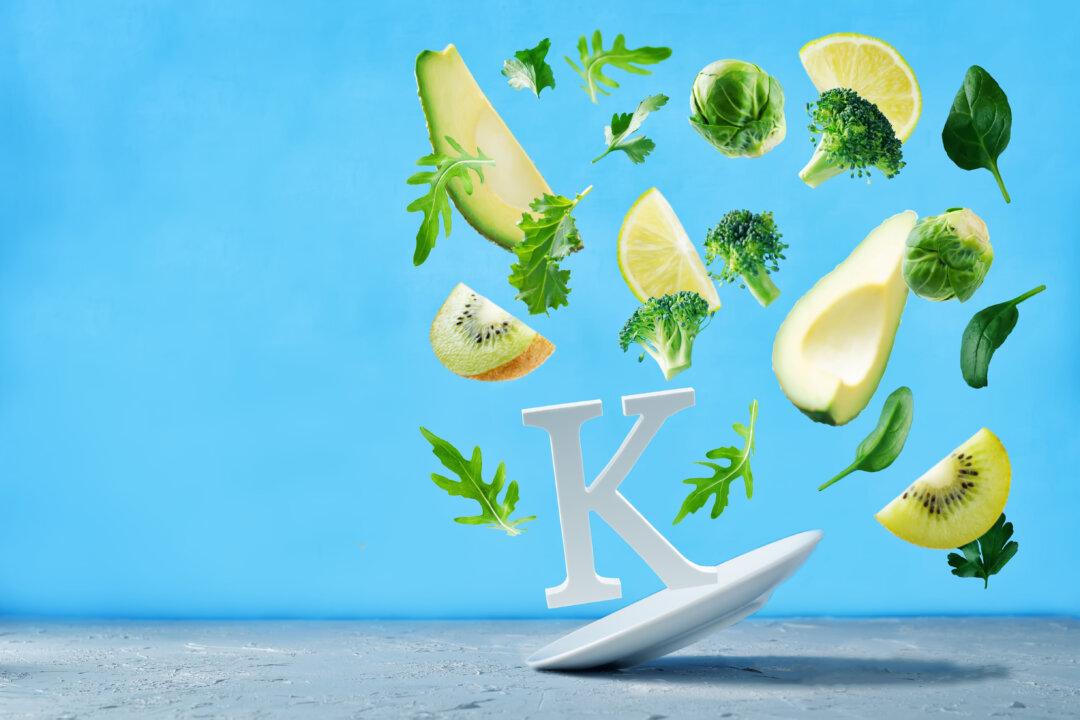On a given day, about half of Americans drink a sugar-sweetened beverage, and one in five drink a diet soda or other artificially sweetened beverage.1,2 Soda consumption has previously been associated with lower bone mineral density in women and children 3,4 and one notable study focused specifically on the effects of diet soda on bone health. The authors commented that this research was sparked by the observation that diet soda drinking behaviors are often different than regular (sugar-sweetened) soda drinking behaviors. Women often use diet sodas in an effort to avoid weight gain, either to stave off hunger between meals or as a replacement for calorie-containing beverages. Many women drink over 20 diet sodas per week.5
These researchers discovered that parathyroid hormone (PTH) concentrations rise strongly following diet soda consumption. The job of this hormone is to increase blood calcium when it starts to get too low by stimulating bone breakdown. As a result, calcium is removed from bone.
In the study, women aged 18-40 were given 24 ounces of either diet cola or water on two consecutive days, and urinary calcium content was measured for three hours. Women who drank diet cola did indeed excrete more calcium in their urine compared to women who drank water. The authors concluded that this calcium loss may underlie the observed connection between soda drinking and low bone mineral density.5
Although caffeine is known to increase calcium excretion and promote bone loss,6 caffeine is likely not the only bone-harming ingredient in sodas. A 2006 study in the American Journal of Clinical Nutrition found consistent associations between low bone mineral density and caffeinated and non-caffeinated cola (both regular and diet), but not other carbonated beverages.4 One major difference between the two is the phosphoric acid in colas, absent from most other carbonated beverages.
In the Western diet, phosphorus is commonly consumed in excess—at about 3 times the recommended levels, whereas dietary calcium often low. Phosphorus intake is increasing over time in the U.S., in part due to phosphorus-containing additives in foods and beverages, such as colas, commercial salad dressings and meat products. Although phosphorus is an important component of bone mineral, a high dietary ratio of phosphorus to calcium can alter mineral metabolism and increase bone breakdown, leading to lower bone mineral density.7 Studies in which women were given increasing quantities of dietary phosphorus found increases in markers of bone breakdown and decreases in markers of bone formation.8,9 Therefore it is likely that the phosphorus content of colas is the trigger for calcium loss.
There is nothing healthy about diet soda, and the evidence suggests that it does not help with weight loss anyway.10 Diet soda is simply water with artificial sweeteners and other additives, such as phosphoric acid. The safety of artificial sweeteners is questionable, and their intense sweetness disrupts the body’s natural connection between taste and nourishment, promoting weight gain.11 Diet sodas weaken our bones and are linked to kidney dysfunction, obesity and diabetes.12,13
This article was originally published on www.drfuhrman.com
*Image of “diet soda“ via Shutterstock






